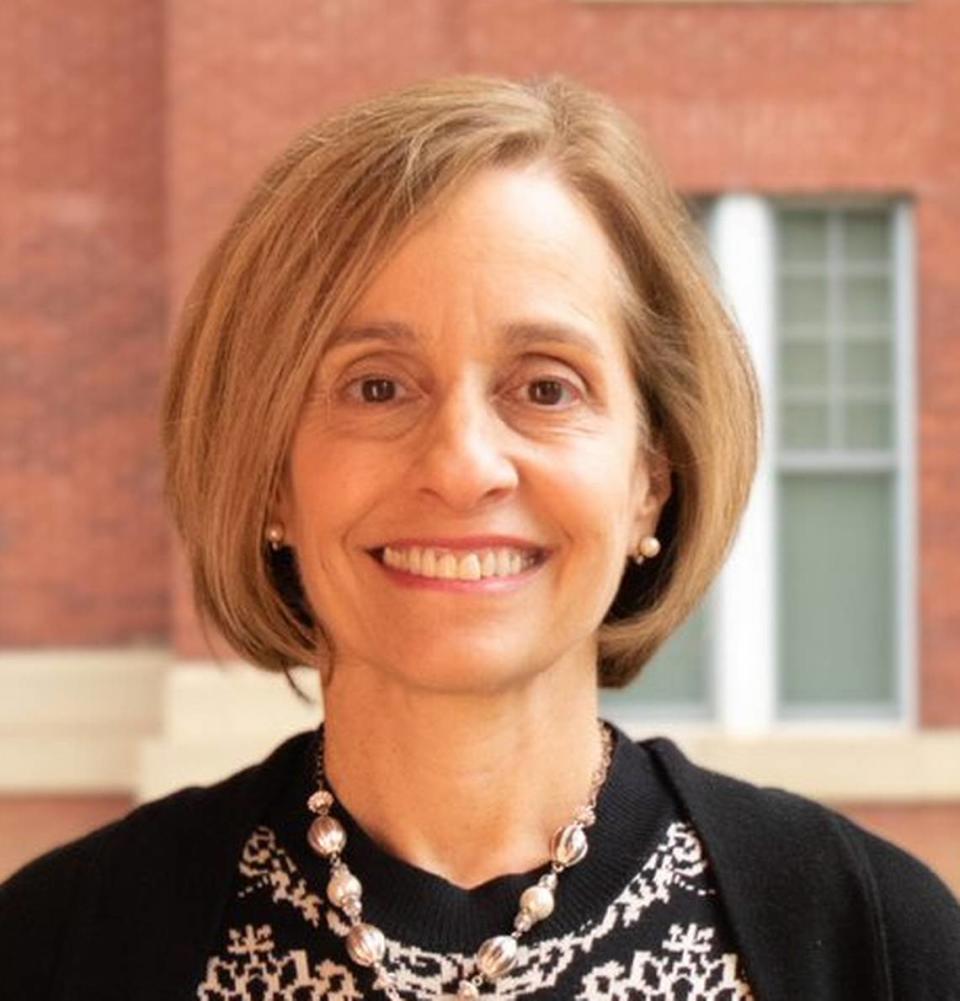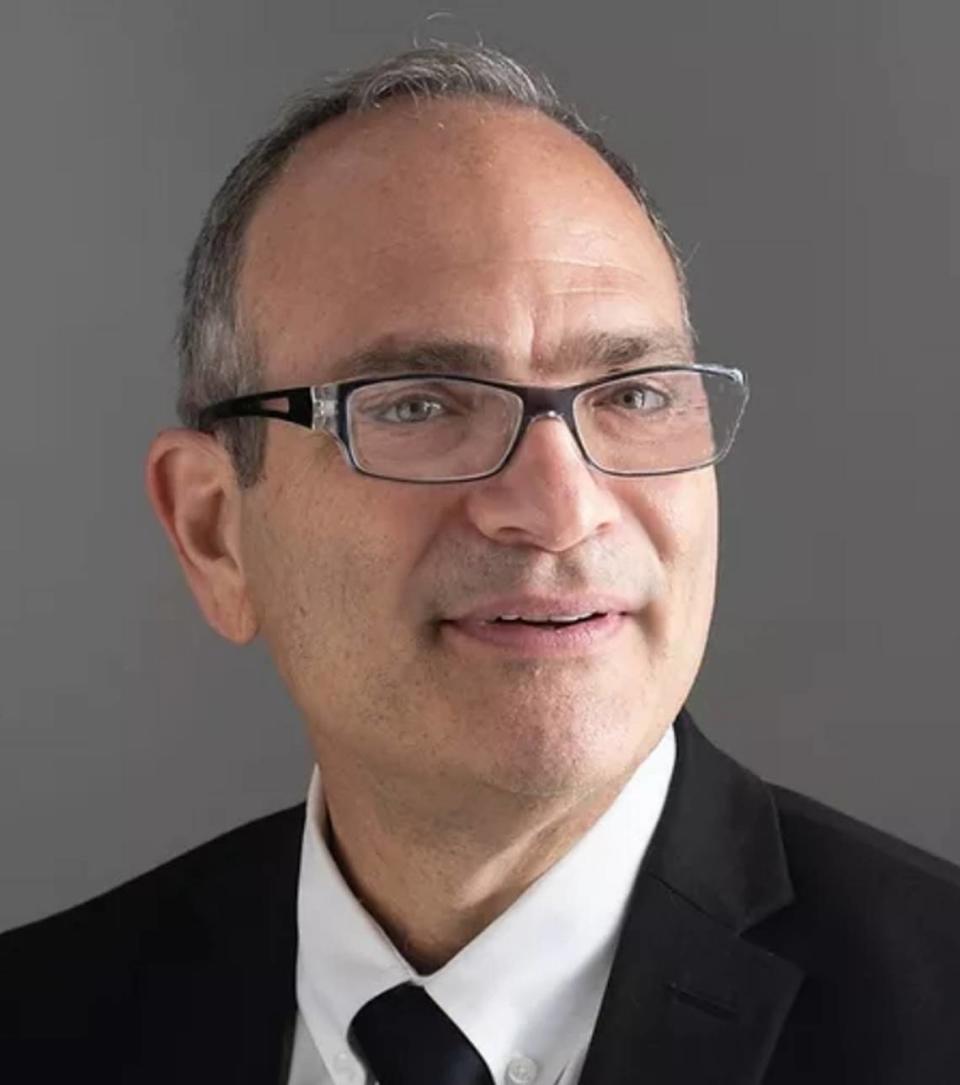Jewish clergy group: The NC legislature is running roughshod over our religious beliefs | Opinion
The North Carolina Jewish Clergy Association opposes Senate Bill 20, a 12-week abortion ban misleadingly labeled “Care for Women, Children and Families Act. We are asking members of the N.C. General Assembly to sustain Governor Cooper’s expected veto.
For thousands of years Jewish tradition has embraced a sacred obligation to preserve life and protect and prioritize the health and well-being of the pregnant woman; this bill does not.


By banning abortion after 12 weeks and creating numerous burdens (in-person consultations, waiting periods, forced ultrasounds, multiple in-person visits for medication abortion, burdensome licensing requirements on already heavily regulated abortion clinics), Senate Bill 20 will negatively impact those seeking to safely terminate a pregnancy within the first trimester.
Though it does include some exceptions, SB 20 will prevent some individuals from seeking abortions later in pregnancy when they discover a fetal anomaly or face maternal health risks and choose to terminate a pregnancy before fetal viability. This bill will also negatively impact both healthcare providers and clergy who would offer abortion services and counseling.
Jewish tradition cherishes the sanctity of life, including the potential life during pregnancy, but does not believe that personhood and human rights begin with conception, but rather with birth as indicated by Exodus 21:22-23. While other religions may believe that a human being exists at the moment of conception (and have lobbied for a total or 6-week ban so that SB 20 is presented as a sort of “compromise”), Jewish law dating back to the Torah has established that abortion is not murder.
For the Jewish faith, and for those of many other faiths, a human being’s life does not begin until the first breath, live birth. Therefore, the only thing being compromised by SB 20 is women’s health.
Supreme Court Justice Harry A. Blackmun’s opinion in Roe v. Wade discussed the lack of consensus among doctors, philosophers and theologians as to when life begins. This lack of consensus is unchanged to this date. Blackmun noted that it was the predominant attitude of the Jewish faith, and also the position of a large segment of the Protestant community, that “life does not begin until live birth.”
After finding that the Fourteenth Amendment’s concept of personal liberty protected a “woman’s decision whether or not to terminate her pregnancy,” the Roe Court determined that a state could not “by adopting one theory of life” override all “rights of the pregnant woman.” While the U.S. Supreme Court in Dobbs v. Jackson Women’s Health overruled Roe and gave each state license to adopt one religion’s theory of when human life begins, why would the N.C. General Assembly want to run roughshod over the religious beliefs of many of its citizens? Isn’t religious liberty for everyone?
As Jewish American clergy, we believe in the protection of privacy and freedom, especially religious freedom. We reaffirm our unequivocal support for complete access to reproductive health services, including abortion up to 20 weeks as is current N.C. law.
Consistent with the Jewish value of pursuing tzedek (justice) for all, we clergy of the NCJCA vehemently oppose laws, including SB 20, that will create a patchwork of abortion access and push basic healthcare out of reach for many. Judaism supports abortion as healthcare — indeed, Jewish law views abortion as not only permissible, but required when necessary to safeguard the well-being, physical or mental, of a pregnant person.
We at NCJCA believe that every human being deserves the freedom to make their own decisions about their body, their family and their future without interference by legislators imposing their religious beliefs upon those of other faiths. These intimate, personal and private health decisions should be up to the pregnant person, often in consultation with that person’s medical provider, family and clergy — but not with politicians and lawmakers.
Rabbi Judy Schindler lives in Charlotte. Rabbi Andy Koren lives in Greensboro. NCJCA leaders Rabbis Lucy Dinner of Raleigh, Daniel Greyber of Durham, Emily Losben-Ostrov of Wilmington, Batsheva Meiri of Asheville, Melissa Simon of Chapel Hill and Eric Solomon of Raleigh, and Cantor Shira Lissek of Charlotte signed on to this op-ed.

